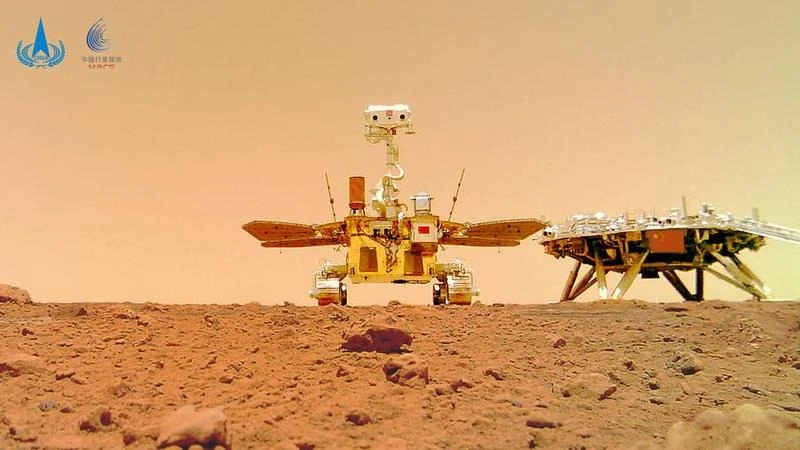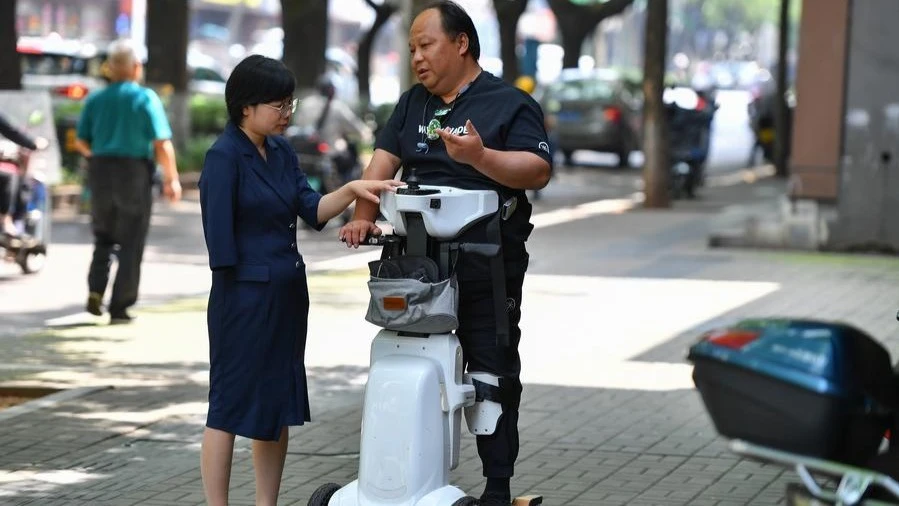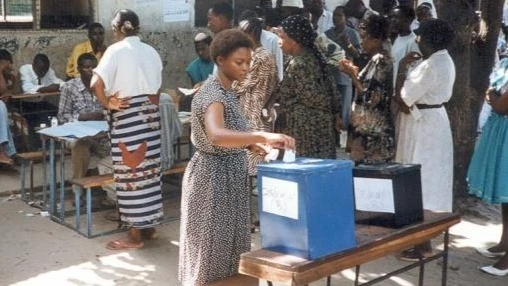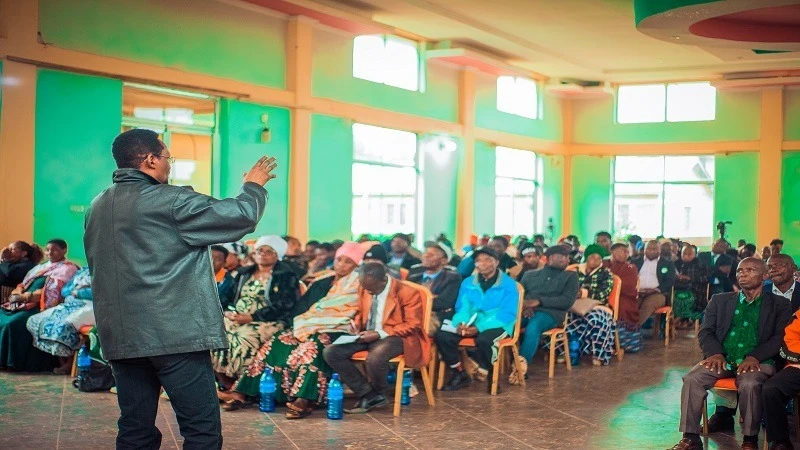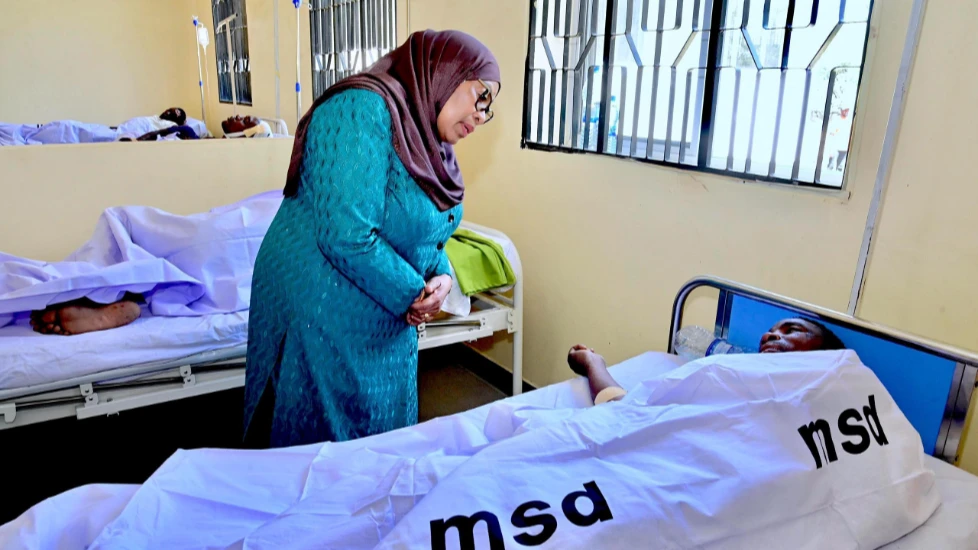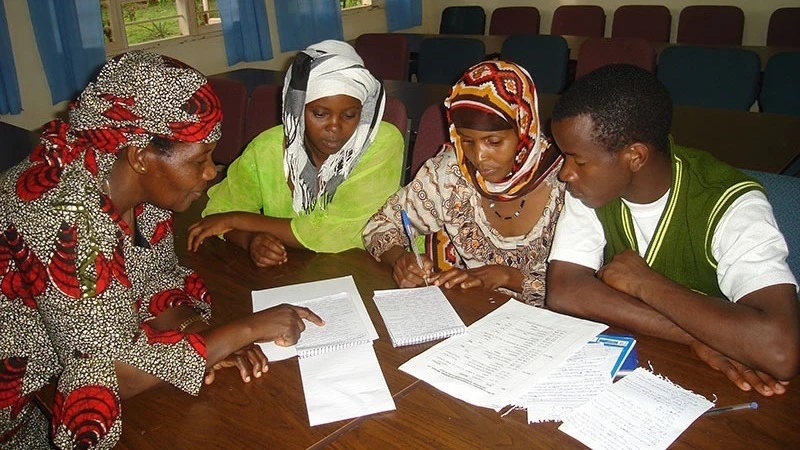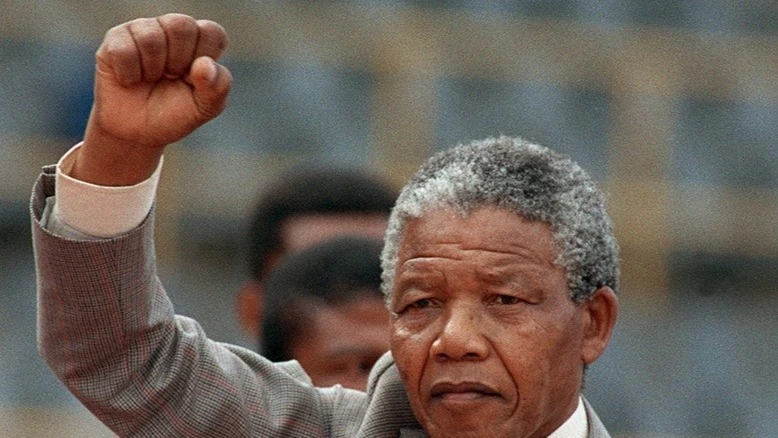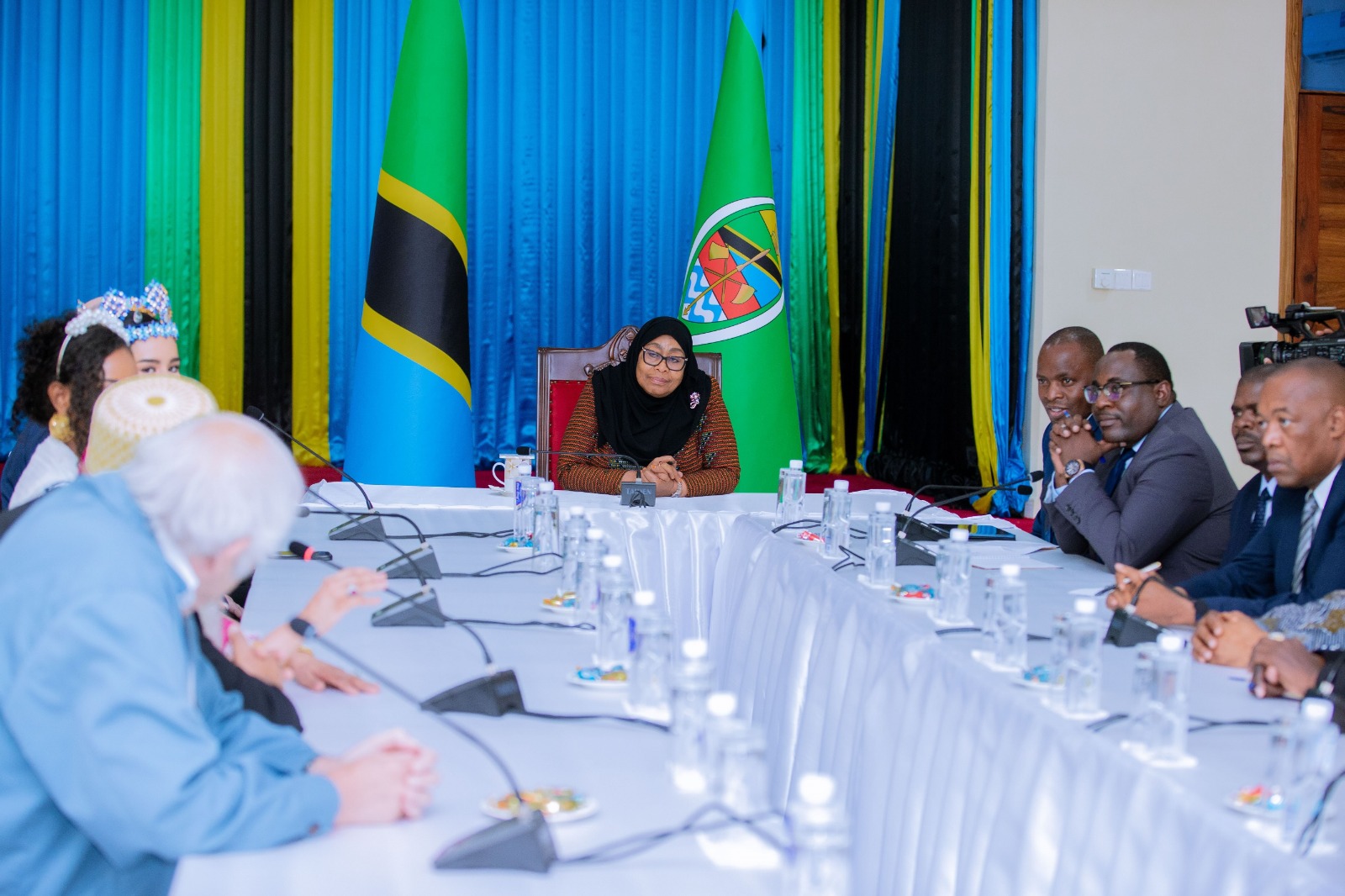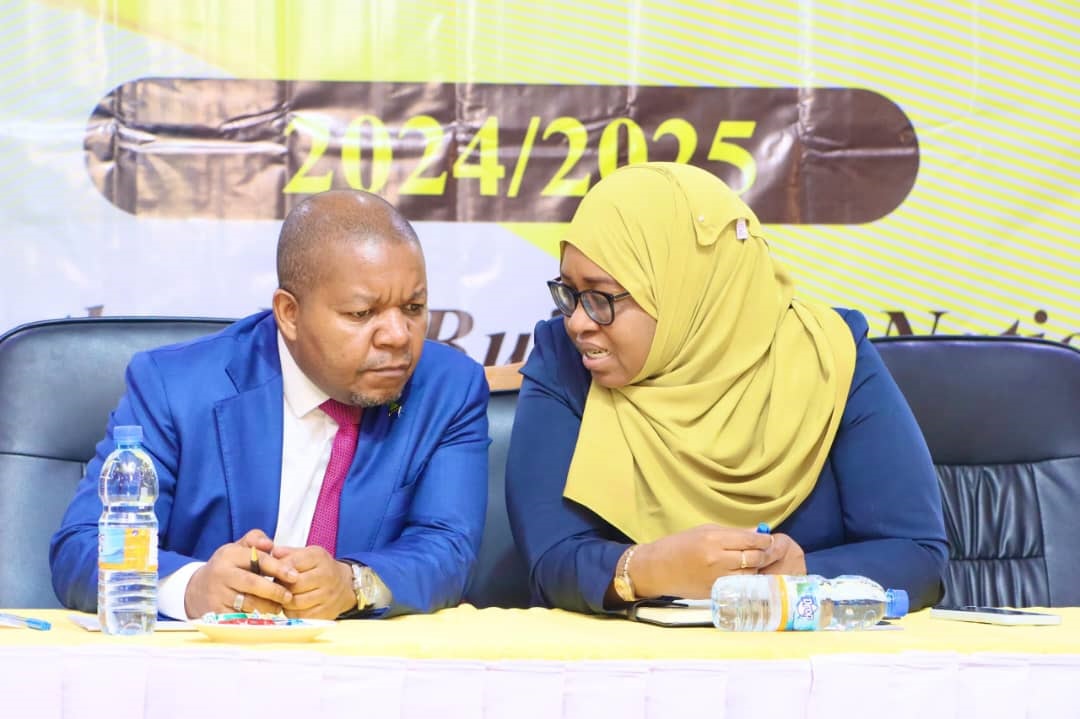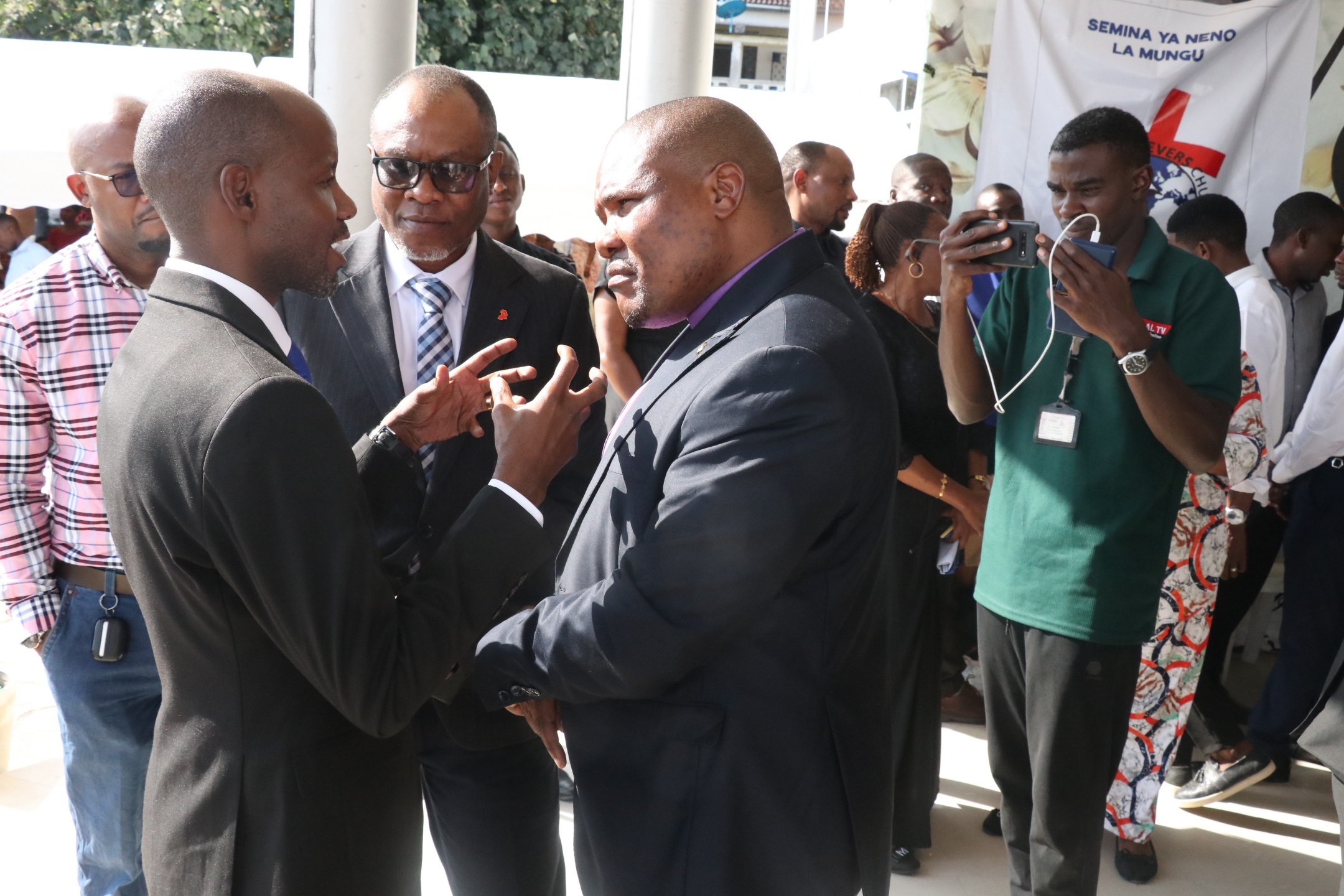Govt digital shift project ties up with 898 entities

THE $150m Digital Tanzania Project (DTP) has been connected with digital systems of 898 corporate entities or agencies.
Mohammed Mashaka, director of ICT systems development and DTP project manager, said at a stakeholders’ meeting in Dar es Salaam yesterday that the project has enabled seamless connectivity within government agencies and private sector institutions.
The meeting brought together stakeholders involved the in the project, including the Ministry of Finance (MoF); the President’s Office Regional Administration and Local Governments (PO-RALG); e-Government Authority (e-GA); Information and Communication Technology Commission (ICTC); Tanzania Posts Corporation (TPC); Universal Communications Service Access Fund (UCSAF); and the World Bank (WB).
The DTP digital systems across public and private institutions are enhancing interoperability and setting the stage for a nationwide digital transformation, he said, hailing integration as a vital project accomplishment.
This vastly improves service delivery, he said of the project funded by the World Bank and jointly implemented by the Communication and Information Technology ministry collaborating with the Public Service Management and Good Governance division in the President’s Office.
The five-year initiative is over 90percent complete and was initially slated for conclusion by October 2026, he said, noting that the broader goal of the project is to build robust digital infrastructure, simplify citizen access to government services and position Tanzania in a competitive position in the global digital economy.
Tremendous progress has been made from launching the digital economy strategy to achieving this extensive system interconnectivity, he said, stressing that Tanzania is now better placed to compete on the global digital stage.
Other notable achievements include the construction of 758 telecom towers, 90percent of which are complete, training of more than 500 public servants in digital skills and rolling out an e-performance management system already used by 571 government entities.
The impact is already being felt by broad sections of the public, as people no longer need to visit government offices physically to access services as they can now use mobile phones of any type to obtain such services remotely, he said.
Priscus Kiwango, an official with the President’s Office, said that even those in remote areas can now self-serve through digital platforms, a game-changer for public service delivery.
Paul Seaden, the World Bank team leader on the project, said that as the project moves into its final phase, the focus is on completing outstanding components and ensuring the sustainability of its benefits.
In entering the critical final phase, the priority is to complete all remaining work and resolve any challenges to ensure successful delivery within the next year or so.”
He similarly underscored the importance of capacity building, with more than 500 civil servants trained in short and long term digital skills programmes.
“The number trained is significant, but the real value comes from how that knowledge is shared across teams. That’s what will make this digital transformation sustainable,” he added.
Top Headlines
© 2025 IPPMEDIA.COM. ALL RIGHTS RESERVED








